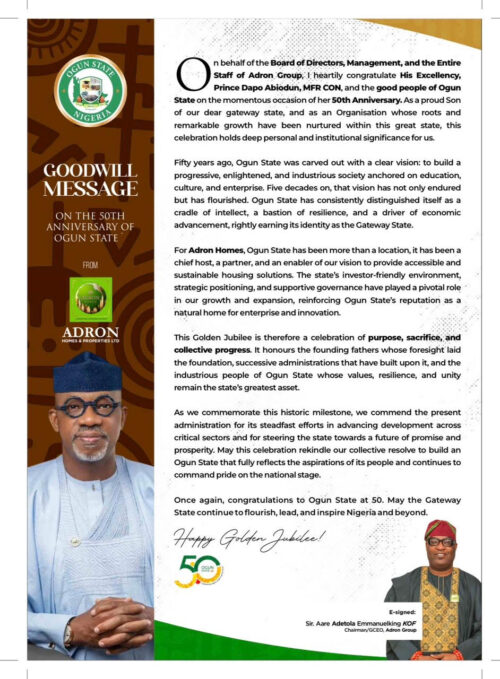- /home/porsch10/public_html/wp-content/plugins/mvp-social-buttons/mvp-social-buttons.php on line 27
https://porscheclassy.com/wp-content/uploads/2018/03/EFCC-1-e1547451444783.jpg&description=Fake EFCC Boss Arrested In Abuja', 'pinterestShare', 'width=750,height=350'); return false;" title="Pin This Post">
- Share
- Tweet /home/porsch10/public_html/wp-content/plugins/mvp-social-buttons/mvp-social-buttons.php on line 69
https://porscheclassy.com/wp-content/uploads/2018/03/EFCC-1-e1547451444783.jpg&description=Fake EFCC Boss Arrested In Abuja', 'pinterestShare', 'width=750,height=350'); return false;" title="Pin This Post">
-

 BUSINESS4 days ago
BUSINESS4 days agoFIRST HOLDCO PLC – TAKING THE BULL BY THE HORN WITH A RECORD IMPAIRMENT CHARGE; GROWS GROSS EARNINGS TO N3.4 TRILLION FOR THE UNAUDITED FULL YEAR ENDED DECEMBER 31, 2025.
-

 ENTERTAINMENT2 days ago
ENTERTAINMENT2 days agoBurna Boy, Davido, Wizkid, Ayra Starr Lose At 2026 Grammy Awards
-

 ENTERTAINMENT2 days ago
ENTERTAINMENT2 days agoTinubu Hails Fela’s Lifetime Grammy Achievement Award, Says He Was The ‘Fearless Voice Of The People’
-

 BIG STORY1 day ago
BIG STORY1 day agoUS Set To Deport 79 Nigerians On ‘Worst-Of-The-Worst’ Criminal List [Names Attached]
-

 BUSINESS3 days ago
BUSINESS3 days agoWema Bank Launches “Evolution of Love” Campaign For Valentine’s Day
-

 BIG STORY2 days ago
BIG STORY2 days agoCoup Plotters Marked Me For Arrest, Assassination —- Defence Minister
-

 BIG STORY1 day ago
BIG STORY1 day agoFather Seeks Justice Over Son’s Mysterious Death At Pool Party Inside Lagos Hotel
-

 ENTERTAINMENT7 hours ago
ENTERTAINMENT7 hours agoTonto Dikeh Reunites Son With Churchill After Decade-Long Split [PHOTOS]



















